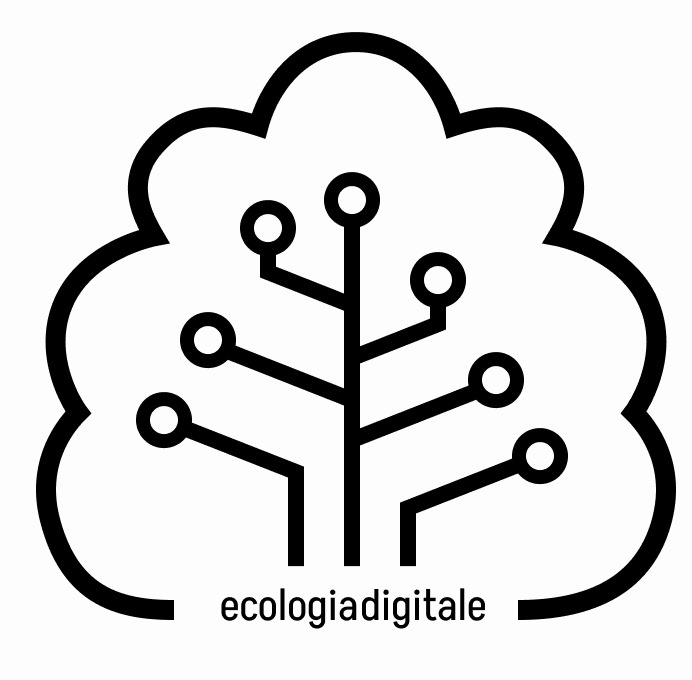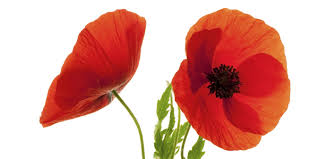On April 25 we celebrate the Liberation of Italy from Nazi-fascism, which devastated our country during the years of dictatorship and war. In theory, this should mean we live in a free, democratic nation, one that rejects all forms of discrimination, oppression, violence, and war—features that defined the fascist regime. We should live in a democracy that has acknowledged its past, taken responsibility for it, and learned from its mistakes in order to build a different future.
But is that really the case?
I would say that after what has happened in recent days, the answer is quite clear. Just as it is clear every year, when neo-fascist groups gather in Predappio to celebrate Mussolini’s birthday, or as with the commemoration of the centenary of the March on Rome a couple of years ago. Or when people excuse fascism by saying, “but Mussolini also did some good things,” or when the role of the partisans in the Resistance is never properly recognized.
Closer to home, it is also clear in the way today’s government seeks to control citizens, restricting their freedoms. Because a government that decides over women’s bodies, tramples on the dignity of people fleeing their countries in search of a better future, silences journalists and intellectuals who have every right to criticize those in power—can we really say this is not fascism? Aren’t these the very forms of discrimination and oppression we know from our own History?
Ours is a History we have never truly reckoned with. We are a people who preferred to shed responsibility and bury mistakes, rather than learn from them. And it is not normal for a country that has endured such oppression and violence to speak of its own History so lightly. Fascism was a tragic period, and yet it is rarely told to us in those terms. We are accustomed to thinking of Italy as having won the war thanks to a last-minute switch of alliances. But that is not true: we lost the war, and our historical memory reflects this. We are taught that fascism fell thanks to the Allies, but those who played a decisive role in liberating our country from Nazi-fascists were the partisans. It was they, on April 25, 1945, who drove fascists and Nazis out of Italian cities. And it is (I would say above all) thanks to them that we live in a free and democratic country today. Yet their role and their fight are rarely mentioned. Just as we often forget the terror, violence, and misery that war and fascism brought to our country.
The truth is, the seed of fascism never really rotted away: it has always been there, perhaps dormant, masked, hidden—but we never had the courage to uproot it fully. We never managed to process what fascism did to our society, the values it imposed, which became embedded in our traditions and culture, whether we like it or not. And now we have arrived at a point where governments are increasingly sympathetic to fascist ideas (a side note: Giorgia Meloni’s party descends from the neo-fascist party formed after the war), distancing themselves from History and refusing to acknowledge its cultural, social, and historical weight.
And are we okay with this? Do we really have nothing to say?
Faced with what is happening in Italy today, with the wars we are funding, and with the war this government has openly declared on our democracy, we cannot remain silent. And the first step is to recognize ourselves as Anti-fascist.
To say “I am Anti-fascist” is not only a political act, but also a way of acknowledging our History. Because our present is also our past—it is part of us, whether we like it or not. It is a sign that we are finally beginning to take responsibility as a people toward other nations. It means taking responsibility for the civilian deaths we caused. It means proving that those who gave their lives to liberate our country did not die in vain.
It means showing that our present no longer wishes to resemble our past. It means starting from past mistakes in order to build a different future: democratic, and truly free from violence and oppression.
And we must not remain silent any longer. Because if there is one thing the Resistance taught us, it is that a country is made by the people who live in it, and by those who fight for their freedom.
So let us show those who govern us what values we believe in. To do so, three words are enough: I am Anti-fascist.
Happy Liberation Day!


Leave a Reply